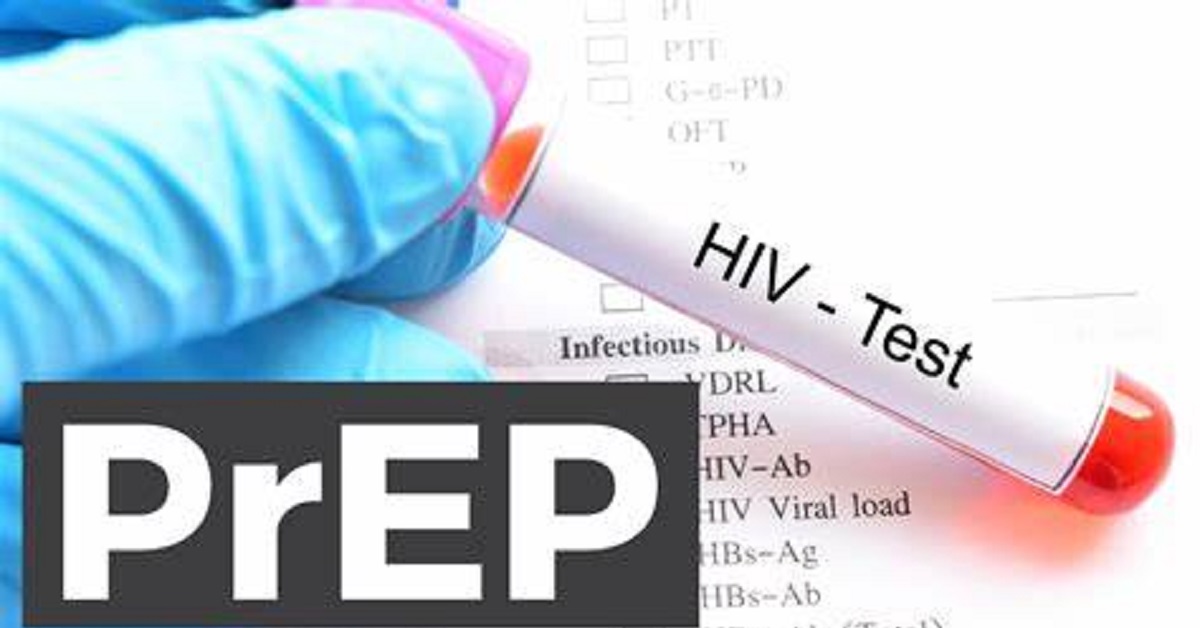The Director General of Sierra Leone’s National AIDS Secretariat (NAS) has expressed grave concern regarding the ongoing battle against HIV and AIDS in the country.
With 77,000 individuals living with HIV facing potential suffering due to a funding cut resulting from a recent United States Executive Order, the Director General emphasized the detrimental impact this would have on crucial health programs.
“The majority of our support comes from the Global Fund and the Government of Sierra Leone,” stated Sesay. “The recent executive order by the US President has significantly impacted our HIV/AIDS response program, creating a funding gap that we are struggling to bridge.”
With an estimated HIV/AIDS prevalence rate of 1.7% in Sierra Leone, approximately 77,000 individuals aged 15-49 are currently living with the disease. The NAS has been instrumental in providing free testing, treatment, and support services to those affected. However, recent developments have forced the suspension of certain services, leaving many vulnerable individuals in a state of uncertainty.
“When the executive order came into effect, we had clients scheduled to receive services, but we were unable to provide them,” revealed Sesay. “Some facilities reliant on US government funding had to cease operations immediately, leaving many individuals without the necessary care.”
In an exclusive interview, Sesay highlighted the severity of the situation, explaining that partners working with the NAS had received official instructions to halt specific activities funded by the US, resulting in a temporary shutdown of services. However, he noted that some critical interventions had recently been granted waivers. “Services for workers and pregnant women were able to continue,” confirmed Sesay, offering a glimmer of hope amidst the ongoing funding crisis.
One of the most concerning repercussions of the funding cut is its impact on the availability of pre-exposure prophylaxis (PrEP), a crucial medication that helps prevent HIV infection. “The decision to stop using Global Fund resources to purchase PrEP was a significant setback,” stated Sesay. “Fortunately, we have obtained waivers for PrEP, allowing us to continue providing the medication to pregnant women and essential workers. However, there is still uncertainty regarding the duration of our current supply.”
The National AIDS Secretariat (NAS) is currently collaborating with the Government of Sierra Leone to establish a sustainability plan for the HIV/AIDS response program. The goal is to reduce the country’s dependence on external funding. “If we had implemented a sustainability plan earlier, we could have mitigated this crisis,” Sesay acknowledged, emphasizing the importance of long-term planning to safeguard the nation’s most vulnerable populations.
As the entity responsible for coordinating and executing Sierra Leone’s national HIV and AIDS response, the NAS has played a critical role in policy formulation, resource mobilization, and advocacy. Nevertheless, the recent funding disruptions have exposed the fragility of the system, underscoring the necessity for greater financial autonomy within the healthcare sector.
The funding cut originated from a broader directive issued by former US President Donald Trump, which terminated US government assistance to certain organizations, including the United States Agency for International Development (USAID). USAID has historically been a significant contributor to development initiatives in Sierra Leone, particularly in the healthcare sector. The repercussions of this decision are now reverberating throughout the country’s HIV/AIDS services.











